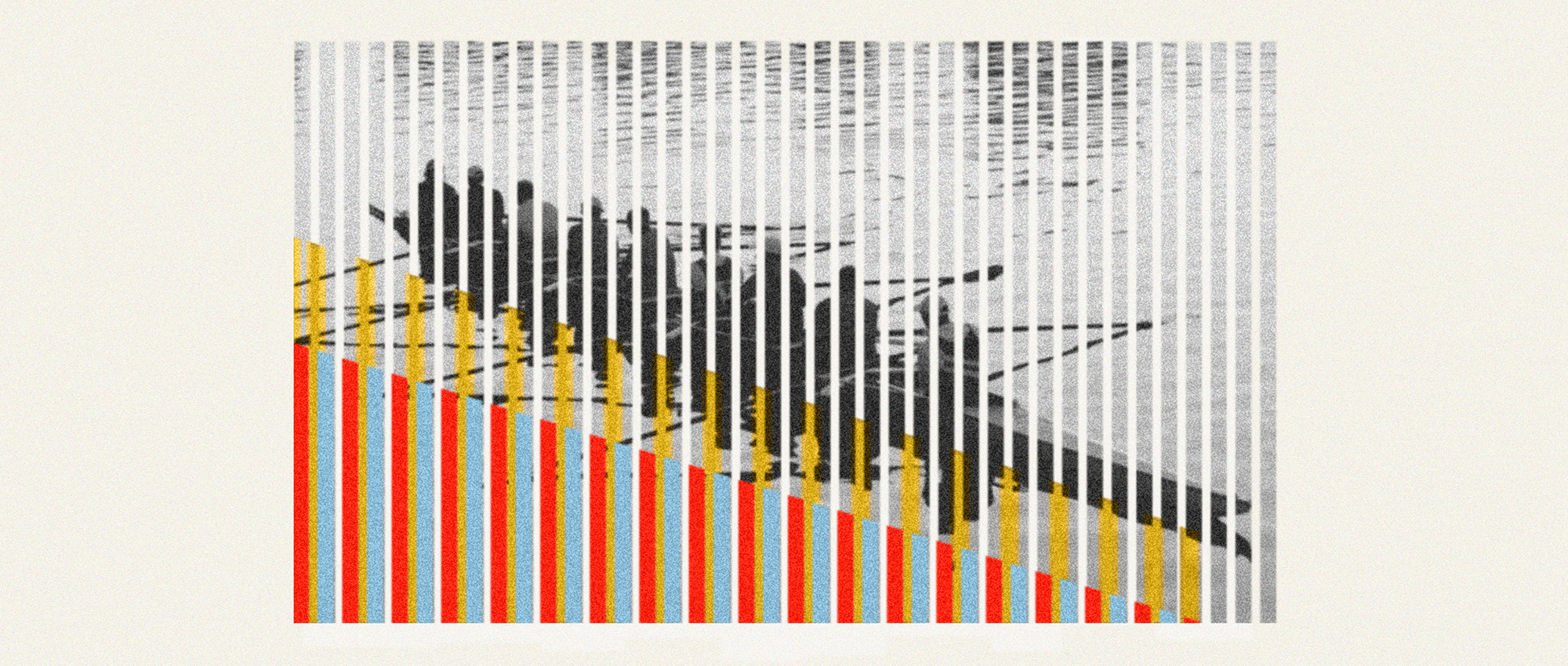It’s been over 3 years since that fateful day that we were plunged into lockdown, as Covid-19 cast its long and arduous shadow over life as we knew it – and for qualitative research, all the ‘rules’ of how we did things and the reach and potential of what we could do changed forever.
I still remember the moment as if it was yesterday. I was in a central London viewing facility, 1 hour from starting an evening of in-person groups – for an airline, ironically – when the Prime Minister announced we would enter into a period of restrictions on our freedoms never before experienced, not even during the darkest days of World War II. I had to make an unprecedented split-second decision to cancel our groups (and those the following night), without truly knowing what we’d do instead. We switched to carrying out telephone interviews (36 of them!) the following week and the client gained the insights they needed; they have since launched successful flights to London.
And so, the cage came down. In the short term, the team at See managed with agility and a positive attitude, fire fighting for clients and continuing to deliver insights with pragmatism and energy.
The leadership team prioritised making sure the team was feeling safe and well, setting everyone up to be remote but supported. The immersion in digital techniques expanded our methodological toolbox. Elements of conducting research online was deeply nourishing for the curious quallie– we were joining participants in their homes, seeing them in their natural environment – even groups acquired an ethnographic value. We found in cases where subject matter was intimate or particularly personal, or the sample was teenage and male, that insights flowed more strongly through the ether.
Now, with lockdown in the rear-view mirror and Covid in the passenger seat, it’s important to reflect on where we’re at as an industry.
It’s clear that since the beginning of Covid, we’ve learned, we’ve adapted, and we’ve embraced – a different way of both thinking about and doing qualitative research. And we’ve been successful at it – in the case of See, we’re 3 times the size we were going into the pandemic, both in terms of team members, as well as sales. And as uncertain times continue,(this time economically,) qualitative research is proving itself to be more valuable than ever. There’s no substitute to the power of understanding people – their lives, their needs and their motivations, and only qualitative approaches can truly deliver this kind of insight.
I feel relief as well. I am pleased to say that those who claimed face-to-face research is dead have, thankfully, been proved very wrong. It’s not only alive and kicking, but in rude health, fuelled and enhanced by the additional and exciting opportunities that new digital approaches have been able to offer. I am passionate about listening to people, meeting them and seeing and understanding their context and their story. I feared I would never be able to do this again in the way that I have done for 15 years. But as the dust settles, I’m delighted to report that we have once again embraced traditional qualitative methods and in the past 18 months, we’ve been privileged to have listened in person to people from the US, Mexico, South Africa, France, Germany, Portugal, Spain, Sweden and of course across all parts of the UK.
For me, this return to real life connection is important. Whilst there’s many great benefits of online qualitative approaches, there’s one thing that all of the platforms, apps and tools can’t deliver… the drama. Not the ‘it’s all going wrong, they’re crying in the corner’ kind of drama, but the ‘press your face against the mirror, smell the atmosphere in the room’ kind of drama which you can only get from being with people in person – the ability to not only listen but also feel what they say; to understand what they mean from the subtilty of their responses and behaviours, which simply cannot be achieved online.
The special chemistry of a group – the way people feed and develop ideas amongst themselves, the way creative power is magnified when people come together – is always most successfully achieved in person. This is why business, and in particular innovation, will always need high quality face-to-face research. Techniques and principles will keep evolving and See will continue to instigate change where it’s beneficial, but the experience of emerging from Lockdown reminds us how good it is to be together again.




